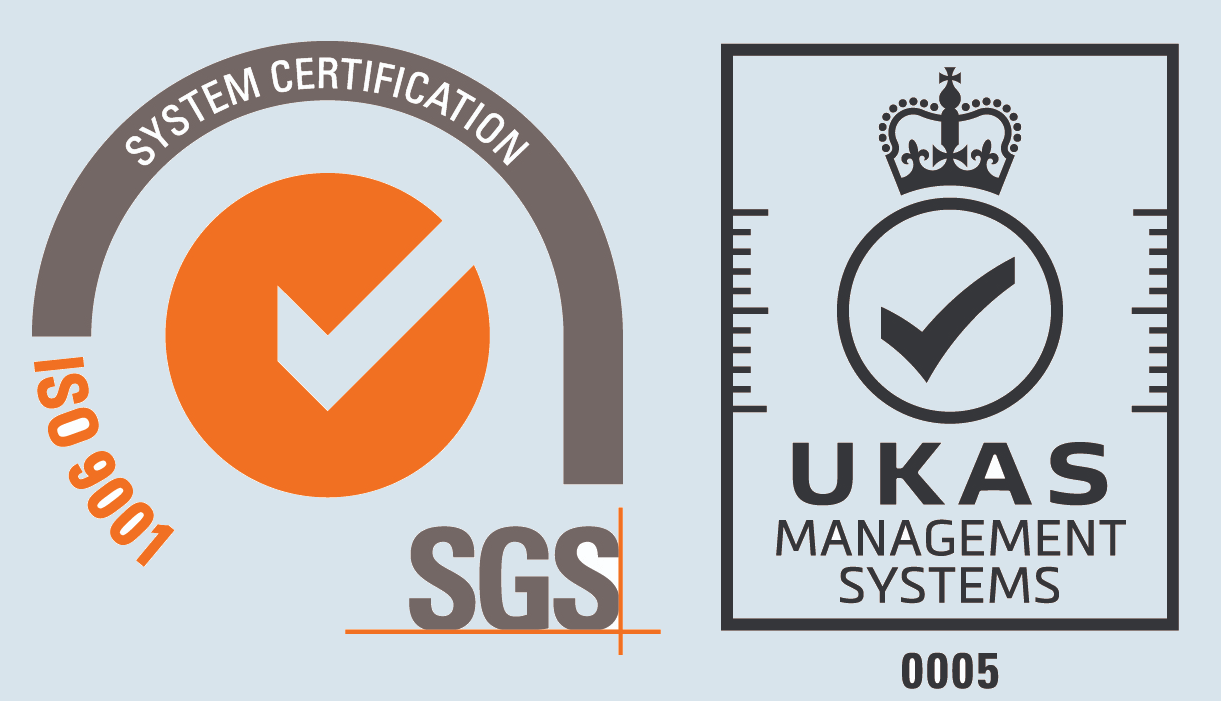
Aluminium Metal Glossary
Scaffolding Tube
A ‘welded’ tube, size 1 29/32 inch O/D x 7 swg wall thickness (7swg = 0.176 inch / 4.47mm) used for scaffolding that has been Drift Tested
Scalping
Mechanical removal of oxide and contamination from surface of a cast slab prior to hot rolling.
Sealing of Anodic Coatings
A post anodising treatment to close layer porosity and reduce absorbency.
Segregation
The non uniform distribution in the microstructure of alloying elements during the solidification of an ingot, billet or slab. Some non metallic impurities may also be segregated during solidification.
Self-Quenching Alloy
An alloy whose critical quench rate from its solution treatment temperature is slower than the rate of cooling in still air. This means that the alloying elements will be held in solid solution even after cooling in still air.
Shate
A term used for rolled material where the thickness lies between that of cold rolled sheet and hot rolled plate, typically 4 to 10 mm. the finish may be hot or cold rolled.
Shear Strength
The maximum stress that a material can sustain when loaded in shear. As a very rough guide for aluminium alloys the maximum shear strength is about 60 to 65% of the ultimate tensile strength and the yield strength in shear is 50 to 55% of the 0.2% Proof Stress.
Shear Test
A test in which the test piece is progressively loaded to fracture in shear to measure its shear strength.
Single-Hole Die
An extrusion die with one hole, therefore capable of producing just one extrusion per cycle.
Related terms: Multi-Hole Die
Slab, Rolling Slab
A cast product that will be used for hot rolling. Size up to 300mm thick, 2000mm wide and 10/15 metres long with weight up to 15 tonnes.
Slitting
The simultaneous cutting of a coil or wide strip into a number of narrower strips by means of rotary cutters.
Smelting, Hall Heroult Process
The main process used for the production of Aluminium metal whereby Alumina is dissolved in a salt bath of molten cryolite and subject to an electrolysis process. Often referred to as Smelting, this process uses very large amounts of electricity. Named after two scientists who developed the process independently of each other at around the same time.
Stop Mark
A transverse peripheral ridge on a product arising from a stoppage during rolling, extrusion or drawing.
Strain Hardening, Work Hardening
The increase in strength and hardness with a general loss of ductility that results from cold working of a work-piece.
Related terms: Cold Working
Stress Corrosion
This is the frequently rapid, sudden, failure of normally ductile alloys when experiencing tensile stresses in certain and specific corrosive environments. These stresses may be residual internal stresses or from external loading.
Stretcher Grip Marks
Transverse indentations left by the gripper jaws of the stretching machine on the ends of a product.
Stretcher Levelling, Streching
A term used to describe both the levelling of rolled materials and the straightening of extruded and drawn materials by imparting sufficient permanent extension to remove distortion.
Stretcher Strain Markings
These are permanent surface distortions that can occur on stretching. They can appear as either flamboyant patterns or Lüders lines. Their onset and extent depends on the type of material and the degree of stretching.
Related terms: Streching, Lüders Lines
Super Annealing
An annealing cycle for heat treatable alloys that utilises a slow, controlled, cooling rate to produce a structure with maximum ductility and the minimum tendency to natural ageing.
Surface Bloom
A general term for any surface discolouration caused by thermal treatment or from exposure to moist atmospheres.
How can we help?
Contact us today to see how Capalex can help
solve your challenges.
 Capital Aluminium Extrusions Limited
Capital Aluminium Extrusions LimitedCleator Moor, Cumbria,
CA25 5QB, UNITED KINGDOM.
